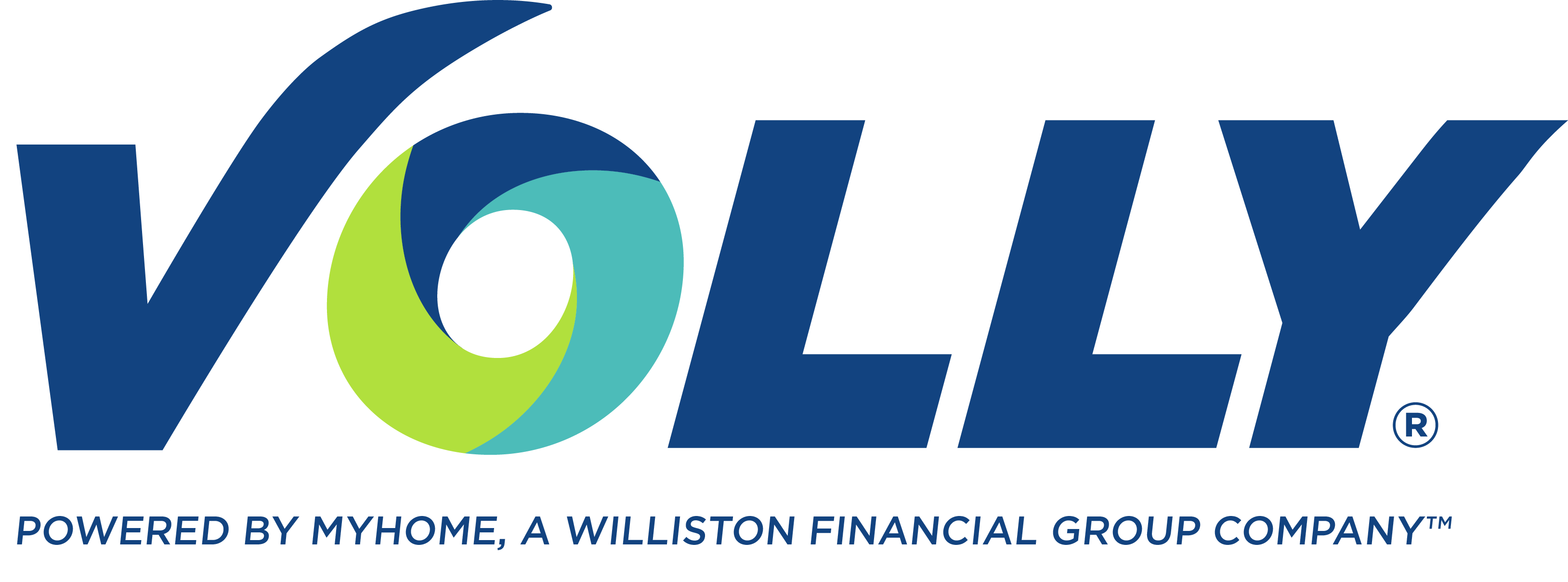The Impacts, Benefits & Challenges Associated with Marketing Automation

Marketing automation has become so ubiquitous within our industry, so essential for streamlining, automating, and measuring marketing activities and workflows, that it’s impossible to imagine doing business without it. But one doesn’t have to travel that far back in time to the moment when marketing automation technology was first introduced to the world.
The year was 1992, and an automated platform for managing marketing campaigns was making its debut: Unica. And upon its rollout, few would have predicted the massive impact marketing automation would have on not only the mortgage industry but industries of all varieties. A recent report captured this very impact:
- Fifty-one percent of companies use marketing automation platforms. Meanwhile, more than half of business-to-business companies (58%) plan to adopt the technology.
- The global marketing automation market size is projected to reach $8.42 billion by 2027.
- Sixty-eight percent of CMOs expect their marketing technology budgets to increase this year.
So, we know that in today’s digital age, more and more companies are embracing marketing automation solutions and tools. But are these tools and solutions delivering results? Are adopters satisfied with their marketing automation platforms? And what do adopters say are the biggest challenges associated with marketing automation?
We tracked down the answers to these questions and more. Check it out below!
Marketing automation provides ROI
According to VentureBeat, 80% of marketing automation users saw leads increase, while 77% experienced an uptick in their number of conversions. Impressive statistics, to say the least, and real proof that with the best marketing automation partner, you can provide more robust journeys to your customers, leading to an increase in capture rates and higher satisfaction scores.
A sales boost—and a drop in costs
Research shows that companies utilizing marketing automation technologies reported a 14.5% uptick in sales productivity. Meanwhile, marketing automation solutions drove a 12.2% decrease in overhead costs. Here’s why: A superior marketing automation platform will free up time to focus on conversions while reducing customer acquisition and outsourcing costs.
The importance of ease of use
What’s the most crucial factor to consider when it comes to selecting a marketing automation platform? This would be ease of use, which was cited by 86% of marketers. Simply put, you want a marketing automation solution that is user friendly and simple to understand—not a complicated platform that will not be utilized to its full capacity.
The desire for a stress-free deployment
Sixty-one percent of companies classified the marketing automation implementation process as difficult. So, it’s essential that you work with a partner who can guarantee a smooth and stress-free deployment as well as provide support and resources throughout the process. Additionally, your automated marketing platform needs to be compatible with other solutions you utilize.
A top challenge
Above we detailed the benefits of marketing automation. What about its challenges? One of the most common is creating quality automation—a concern cited by 16% of marketers. Top-quality content is at the core of any impactful marketing campaign. Customers who find real value in your content will then see value in your brand.
A trusted marketing automation partner
To thrive in today’s high-tech era, your business needs a leading-edge marketing automation solution—one that will increase efficiency, drive business growth, distribute relevant content, and deliver a more personalized experience to your customers.
If you are looking to learn more about what goes into selecting the right marketing automation platform, Volly is your trusted partner. Together, we can discuss your unique business needs and share information on our marketing automation solution, Volly Digital Engagement, which offers flexible campaign strategies, email deliverability, and real-time reporting.

